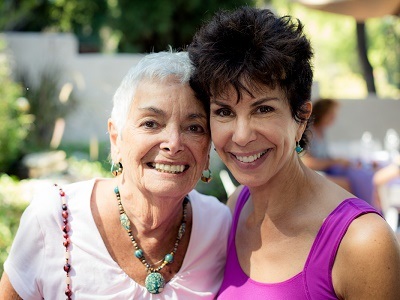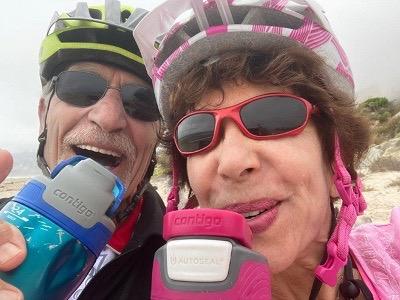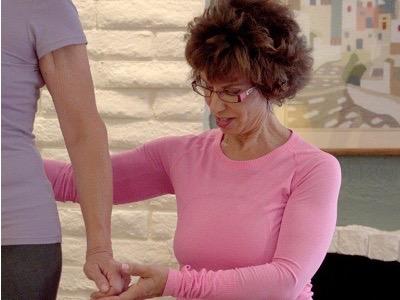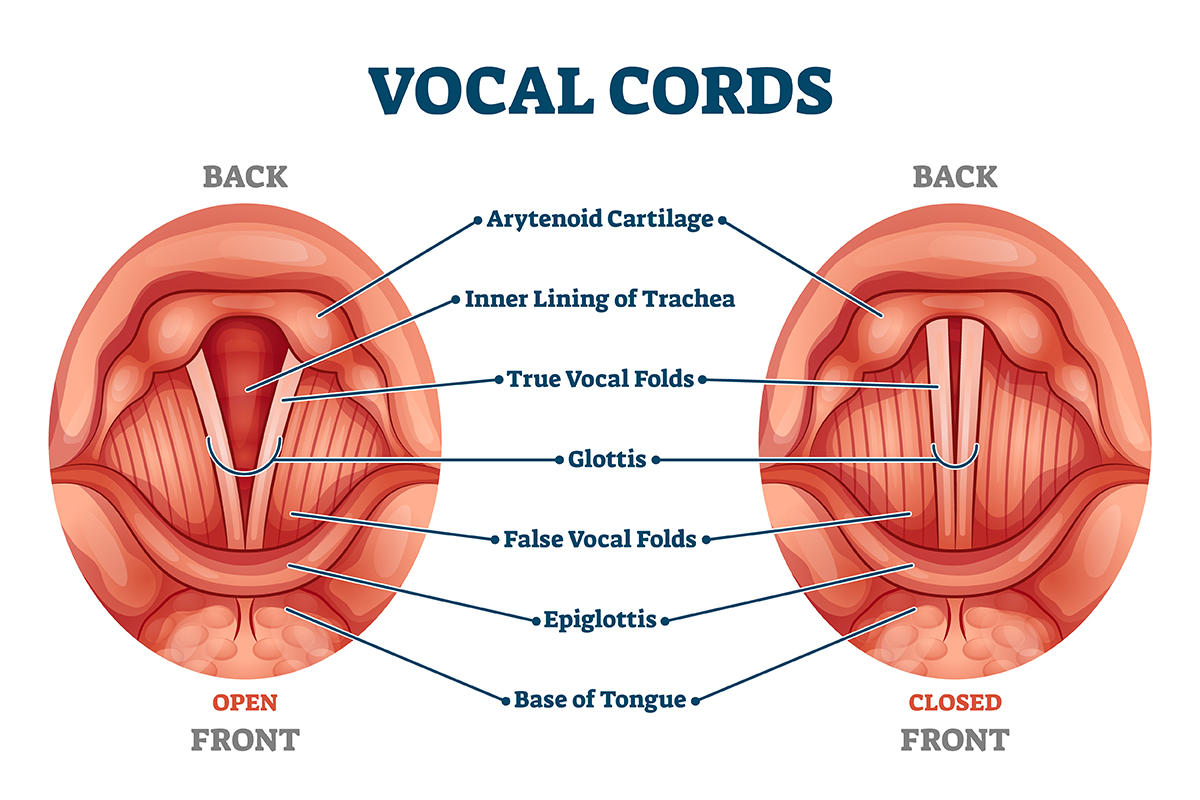What Brings You Peace of Mind?
Your thoughts can run in your head like a broken record–or can you sit still and “hear” the quiet?

Is there an activity, exercise, religious or meditation practice you do regularly to slow your mind? Or do you take medications which can have multiple side effects? For example, I experienced a severe emotional strain while dealing with my mom’s death. Before her passing, I cleared my calendar and rearranged my schedule so I could be more involved in her care. Both my sister and I were with her every day.
I decided to reintroduce yoga and meditation and good eating habits into my weekly practice to ease the stress and mindless chatter in my head. The benefits were almost immediate.
Adding more diversity into my weekly routine (that always includes exercise) made it easier to cope with the stress and strain that this new event presented. Each night when I put my head down on the pillow, I meditate on how grateful I am for my good health, family, the right care my mom received, and my ability to cope with all the obstacles and challenges of the day.
My new routine is here to stay. So far it has saved me emotionally. Will it again when the next crisis comes up? I don’t know, I hope so. It would have been easier to go down a more familiar (negative or hopeless) path, but I choose to take a different, more positive, approach. I can’t control everything; I know that logically, I can still try. Control has been part of my DNA since I was a teenager. I remember the 1994 Northridge earthquake only amplified those feelings.
Pick up any health-based magazine or newspaper and it talks about the power of meditation. The research is there: it works! Discover what brings you peace of mind when you feel you’ve reached your breaking point.
Lori Michiel, NASM-CPT, Founder, Lori Michiel Fitness seniors in the home
Lori has been assisting seniors in their homes since 2006 with customized exercise programs including those designed to address Parkinson’s, metabolic disorders, arthritis and diabetes. These adaptive programs are specifically designed to improve balance, circulation, flexibility, mobility and promote independence. Lori Michiel Fitness has over 40 certified trainers who are matched with clients in Los Angeles, Ventura and Orange Counties.









 In seniors, illness and medications may further reduce thirst or increase urine production. Older adults are at increased risk of experiencing heat stroke or urinary tract infections.
In seniors, illness and medications may further reduce thirst or increase urine production. Older adults are at increased risk of experiencing heat stroke or urinary tract infections.

